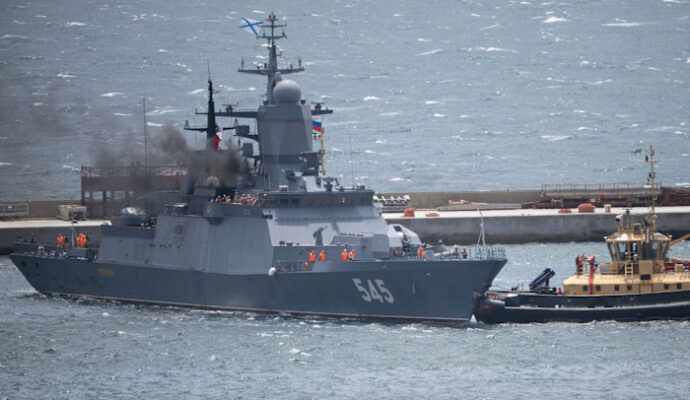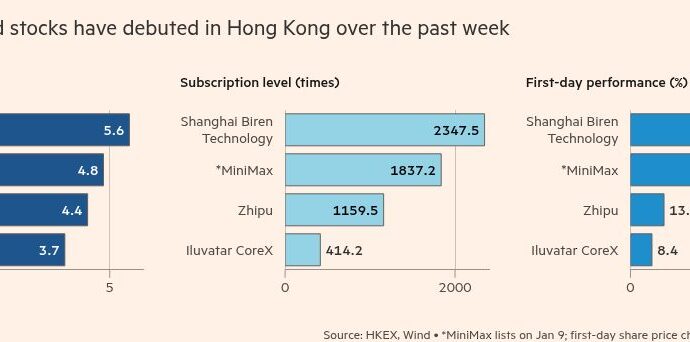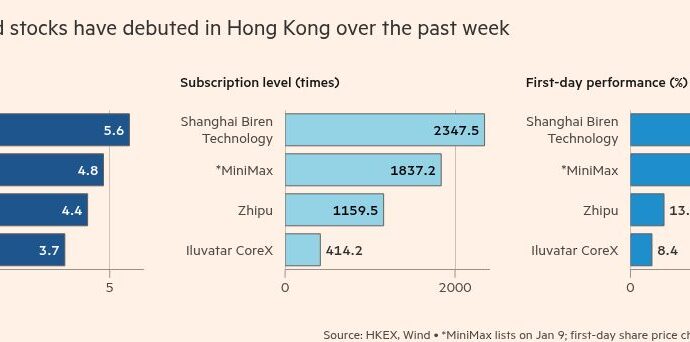Unlock the Editor’s Digest for free
Roula Khalaf, Editor of the FT, selects her favourite stories in this weekly newsletter.
One of the world’s largest sporting goods retailers is considering shifting production into China, just as brands including Nike and Adidas move production out of the country in response to US tariffs.
Intersport International’s new chief executive Tom Foley told the Financial Times that the group is considering sourcing a greater proportion of its private label goods — which accounted for about €1.4bn of revenues last year — from China.
The deliberations come as US sports brands shift production away from China to countries in south east Asia, such as Bangladesh, where tariff rates are lower. Chinese manufacturing activity contracted for the fourth straight month in July.
The moves away from the country, Foley added, “might put pressure on production capacities in markets that ordinarily would not have that”.
Intersport — which operates 5,500 stores across 42 countries — is a Switzerland-based co-operative owned and managed by national organisations. It is particularly prevalent in Europe and is the largest sports retailer in Germany.
The group, which generated €14bn revenue last year, sells its own private label goods as well as those made by brands including Nike and Adidas. The company does not disclose its profits.
It is now encountering increased competition for factory space in countries such as Vietnam and Bangladesh, even as surplus capacity remains available in China.
“It’s not a situation now that we have to move from Bangladesh to China — but we could do it,” said Foley, who took over as chief executive in July. Intersport’s main sourcing markets include China, Bangladesh, Vietnam and Cambodia.
Long running US-China trade tensions have spurred sporting goods brands to move production out of China in recent years.
Adidas sourced 27 per cent of its products from Vietnam last year, 19 per cent from Indonesia and only 16 per cent from China — primarily for its sales in the country itself.
Meanwhile, Nike currently produces 16 per cent of its footwear in China and told analysts in June that it wants to reduce that to a high single-digit percentage within the next 12 months.
Foley said the balance of power in the industry more broadly was shifting from the likes of Nike and Adidas back towards retailers like Intersport.
“Certainly their dependency on us . . . has increased,” he said, noting that many major brands had failed to scale their direct-to-consumer businesses to the levels they had hoped for. The power dynamics “have shifted back to where they were eight or nine years ago,” he added.
Foley wants sales of Intersport’s private label products to comprise as much as 20 per cent of the group’s annual revenue within five years, up from 10 per cent today, with the ultimate goal of boosting profitability. “For a strong and sustainable business, we need a higher margin,” he said.


